According to the cybersecurity index in the World Competitiveness Yearbook (WCY) for 2022, published by the Swiss-based International Institute for Management Development (IMD), Saudi Arabia ranked second in cybersecurity. This legacy of impressive adoption of cybersecurity practices in national technological entities is made possible by national and commercial governing bodies that provide cybersecurity frameworks and guidelines to help their member institutions combat growing cyber threats. The Capital Market Authority (CMA) is one such regulatory body.
The Capital Market Authority (CMA) is the principal investment body of Saudi Arabia. The CMA, which has its main office in Riyadh, regulates the Saudi Capital Markets and supervises the Saudi stock market. The body also enforces laws to protect investors and maintain stability in the Saudi capital markets.
By promoting stringent cybersecurity measures for all institutions that participate in the market through standards such as the Cybersecurity Guidelines for Capital Market Institutions, the CMA helps to maintain market stability.
The CMA cybersecurity guidelines consist of the following four security domains:
- Cybersecurity governance
- Cybersecurity risk management, review, and audit
- Operational cybersecurity controls
- Third-party cybersecurity.
Each domain is divided into a number of subdomains, each with its own set of security goals and controls. All capital market institutions can develop a comprehensive cybersecurity program within their organization by using the security guidelines provided by these four primary domains.
According to the cybersecurity index in the World Competitiveness Yearbook (WCY) for 2022, published by the Swiss-based International Institute for Management Development (IMD), Saudi Arabia ranked second in cybersecurity. This legacy of impressive adoption of cybersecurity practices in national technological entities is made possible by national and commercial governing bodies that provide cybersecurity frameworks and guidelines to help their member institutions combat growing cyber threats. The Capital Market Authority (CMA) is one such regulatory body.
The Capital Market Authority (CMA) is the principal investment body of Saudi Arabia. The CMA, which has its main office in Riyadh, regulates the Saudi Capital Markets and supervises the Saudi stock market. The body also enforces laws to protect investors and maintain stability in the Saudi capital markets. By promoting stringent cybersecurity measures for all institutions that participate in the market through standards such as the Cybersecurity Guidelines for Capital Market Institutions, the CMA helps to maintain market stability.
The CMA cybersecurity guidelines consist of the following four security domains:
- Cybersecurity governance
- Cybersecurity risk management, review, and audit
- Operational cybersecurity controls
- Third-party cybersecurity.
Each domain is divided into a number of subdomains, each with its own set of security goals and controls. All capital market institutions can develop a comprehensive cybersecurity program within their organization by using the security guidelines provided by these four primary domains.
Why do Capital Market Institutions Need This Cybersecurity Framework?
While many capital market participants are aware of the need for such complex cybersecurity regulations in the sector, many are skeptical about the necessity of their implementation.
The financial sector has grown increasingly digitalized, making cybercriminals more likely to attack it. Therefore, resilient and foolproof cybersecurity is required to protect both the assets and data of financial institutions as well as the money and information of their clients. The following examples demonstrate the requirement for cybersecurity policies and guidelines for capital market institutions.
Why do Capital Market Institutions Need This Cybersecurity Framework?
While many capital market participants are aware of the need for such complex cybersecurity regulations in the sector, many are skeptical about the necessity of their implementation.
The financial sector has grown increasingly digitalized, making cybercriminals more likely to attack it. Therefore, resilient and foolproof cybersecurity is required to protect both the assets and data of financial institutions as well as the money and information of their clients. The following examples demonstrate the requirement for cybersecurity policies and guidelines for capital market institutions.
Remote Work
Fraud and Identity Theft
Adoption of Cloud Computing
Disruption of Business Activities
In the event of a cyberattack, no one knows how long it will take to restore normalcy to the system. Threats are constantly present and evolving in sophistication, making it difficult to detect cyberattacks that have the potential to disrupt business operations for an extended period. Financial institutions cannot afford to be complacent. To ensure prompt and effective response and recovery, capital market institutions must remain vigilant and implement effective technology risk management practices as well as robust business continuity plans. Adopting a well-established cybersecurity policy, such as the CMA Cybersecurity Guidelines, will help to alleviate the pain of root cause analysis and get the company’s system back up and running as soon as possible.
Protection of the Institution's Assets
Gaining and Sustaining Public Trust
Past records of cyberattacks taint an organization’s public image. Customers begin to consider taking their business elsewhere when they believe their personal information and financial assets are not secure. To maintain and strengthen public trust in the capital markets, market participants must incorporate cybersecurity practices into their workflows.
Although putting cybersecurity practices into place does not guarantee that the system is 100% safe from cyberattacks, it does give customers confidence that the company’s system is resilient and that they have taken all necessary precautions to protect their data even in the event of an attack.
Remote Work
Fraud and Identity Theft
Adoption of Cloud Computing
Disruption of Business Activities
In the event of a cyberattack, no one knows how long it will take to restore normalcy to the system. Threats are constantly present and evolving in sophistication, making it difficult to detect cyberattacks that have the potential to disrupt business operations for an extended period. Financial institutions cannot afford to be complacent. To ensure prompt and effective response and recovery, capital market institutions must remain vigilant and implement effective technology risk management practices as well as robust business continuity plans. Adopting a well-established cybersecurity policy, such as the CMA Cybersecurity Guidelines, will help to alleviate the pain of root cause analysis and get the company’s system back up and running as soon as possible.
Protection of the Institution's Assets
Gaining and Sustaining Public Trust
Past records of cyberattacks taint an organization’s public image. Customers begin to consider taking their business elsewhere when they believe their personal information and financial assets are not secure. To maintain and strengthen public trust in the capital markets, market participants must incorporate cybersecurity practices into their workflows.
Although putting cybersecurity practices into place does not guarantee that the system is 100% safe from cyberattacks, it does give customers confidence that the company’s system is resilient and that they have taken all necessary precautions to protect their data even in the event of an attack.
Conclusion
Conclusion
See also:

